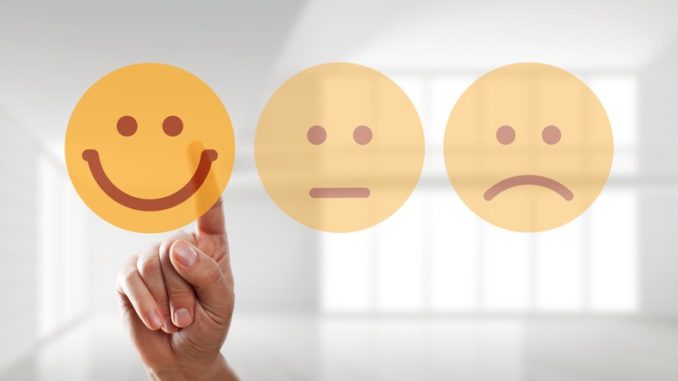
Did you miss Helen Salisbury talk about the ups and downs of being a GP?
CREDIT: This is an edited version of an article that originally appeared on The BMJ
During my first year at medical school a lecturer informed us that, “60% of you will end up as GPs.” His tone of voice made it clear that this destination would mark us as failures.
A friend of mine, who excelled as a student and in a series of sought-after training posts at famous hospitals, was asked why she was ‘dropping out of medicine’ when she chose general practice as her career. This bad-mouthing continues in medical schools to this day and may have a part to play in the current GP shortage; while the number of consultants in hospital specialties has risen by 83% since 2004, the number of GPs has fallen.
Yet many of us in GP-land escaped joyfully from hospitals into the community and have never looked back—despite the perception that, in doing so, we were copping out or settling for a less prestigious career. Overlooking (for a change) the ridiculously long hours, media targeting, interference by central government, and attempts at micromanagement through contract variations, this week I want to focus on why—despite all this—I love my job.
Some of what we do is simple yet satisfying – it’s finding the right antibiotic to treat an infection or diagnosing a self-limiting condition and being able to reassure a patient who was fearing the worst. A lot of our time is spent with patients who have many things wrong; in these cases, we are endlessly juggling the medicines and symptoms of several different conditions, and the complexity of this work is intellectually stimulating. Alongside our technical training, the most powerful tool we have to help us work out what’s wrong – and what we should do about it – is our knowledge of the patient.
Knowing how my patients normally walk and talk, how calm or worried they usually are, I can spot when they are unwell and I notice when they have lost weight or are less sharp than before. If I am lucky enough to know their family as well, I may have clues as to why these changes have occurred, or to the cause of their worries.
Although the relationship is asymmetrical, my patients also know me. When I’m doing my job right, they trust in my commitment to them (despite my problems with timekeeping) and together we take difficult decisions and explore the limits of medicine. I am included in the important moments of my patients’ lives – births and deaths, bereavements and reprieves. I am not just any doctor, I am their doctor.
It is not an easy job, but it is endlessly fascinating and deeply satisfying. The challenge for our political leaders is to create an NHS where this way of practising can flourish, to keep the GPs we have and attract more doctors into the community.


Be the first to comment